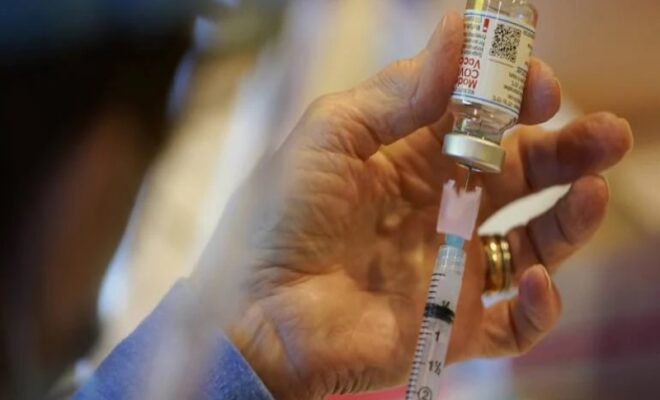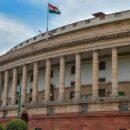Government steps up efforts to proactively counter third covid-19 wave

The Centre has begun accumulating essential medical supplies and drugs for COVID-19 to effectively tackle a possible third wave of the pandemic in the country. According to a report by the Times of India, the government will be maintaining buffer stocks of at least 15 medicines and antibiotics, including Remdesivir, Tocilizumab, and black fungus drug Amphotericin B.
This stockpile is expected to be financed by the Rs 23,123-crore package approved by the Modi government in July this year with the aim of strengthening the country’s healthcare infrastructure to tackle the COVID-19 pandemic. The Centre would contribute Rs 15,000 crore and state governments would provide Rs 8,123 crore to jointly implement the package in 736 districts across India to improve the health infrastructure.
Taking cognisance of the difficulties faced by people due to the shortage of medical supplies during the second wave earlier this year, the Centre has designed a strategy to ensure an adequate supply of oxygen and ICU preparedness. Furthermore, more than 2.4 lakh beds and 20,000 ICU rooms in hospitals would be set to take care of high-risk cases.
State govts stockpile supplies
States are also scrambling efforts to maintain inventory of key medicines and medical equipment to handle the third wave. At the same time, pharmaceutical companies have been asked to ensure a sufficient supply of specific COVID-19 related medicines to boost the health sector’s efforts to combat the pandemic crisis.
State governments are stockpiling medicines and developing medical facilities such as oxygen and beds amid concerns over the third wave of Coronavirus infections. Reportedly, the Maharashtra government has built infrastructure for additional pediatric beds and oxygen provisions in its centres in various cities such as Mumbai and Aurangabad.
Related Posts
India witnessed a devastating second wave of COVID-19 in April-May which resulted in the death of thousands of people due to lack of oxygen supply and inadequate medical facilities in hospitals. With concerns of a third wave looming upon the health sector, Indian authorities are ensuring various measures to proactively counter the rise in COVID-19 infections.
Boost to India’s vaccination drive
The Indian government continues to boost its vaccination strategy to immunise the maximum number of eligible citizens against COVID-19. In line with these efforts, the Drug Controller General of India on Friday granted approval for emergency use to indigenously developed Zydus Cadila COVID-19 vaccine “ZyCoV-D” for people aged 12 years and above.
This is the first COVID-19 vaccine approved by the Indian healthcare authorities for inoculating children aged 12-17 years. Responding to the development, PM Modi said that the emergency use approval to the DNA-based vaccine is a “testimony to the innovative zeal of India’s scientists”.



